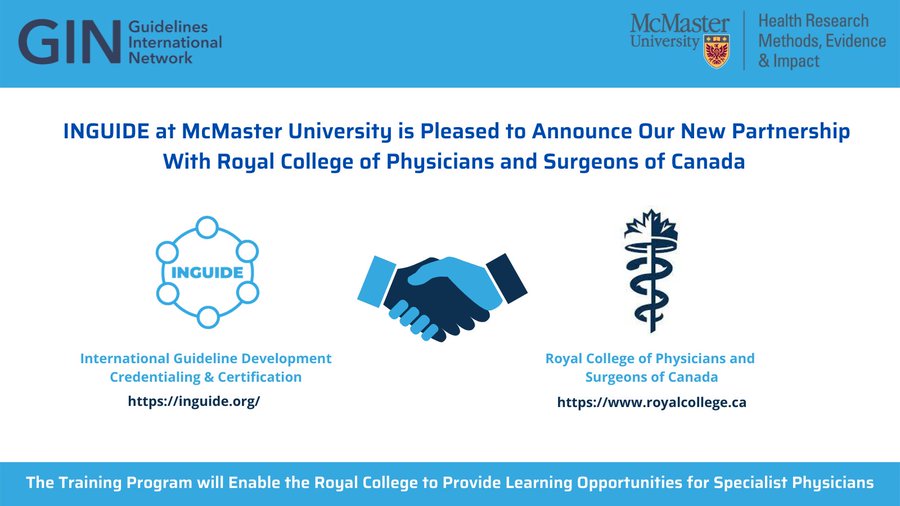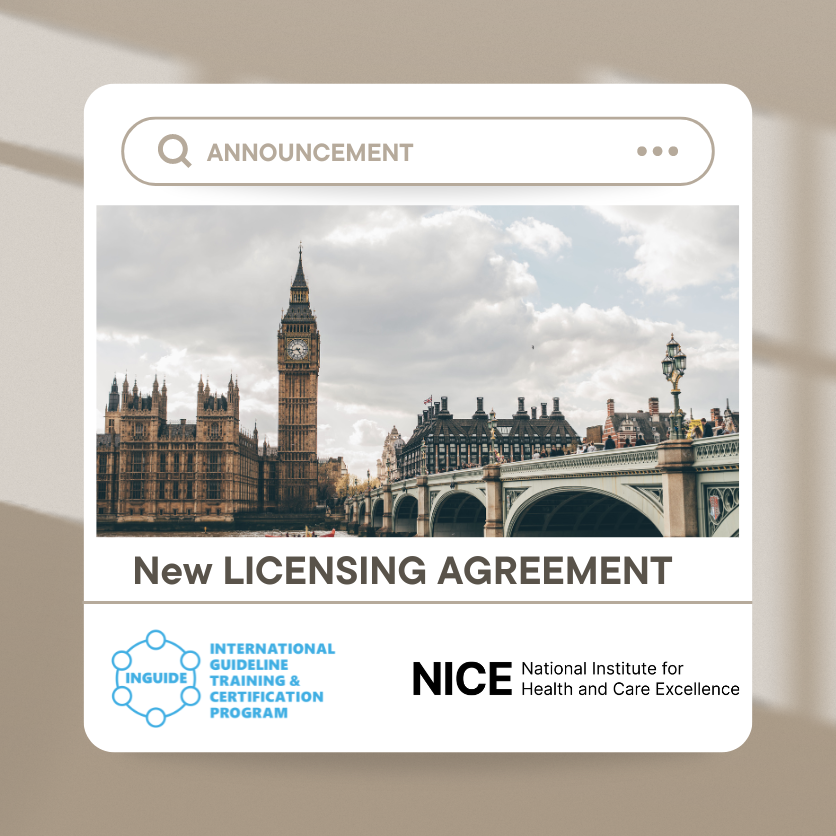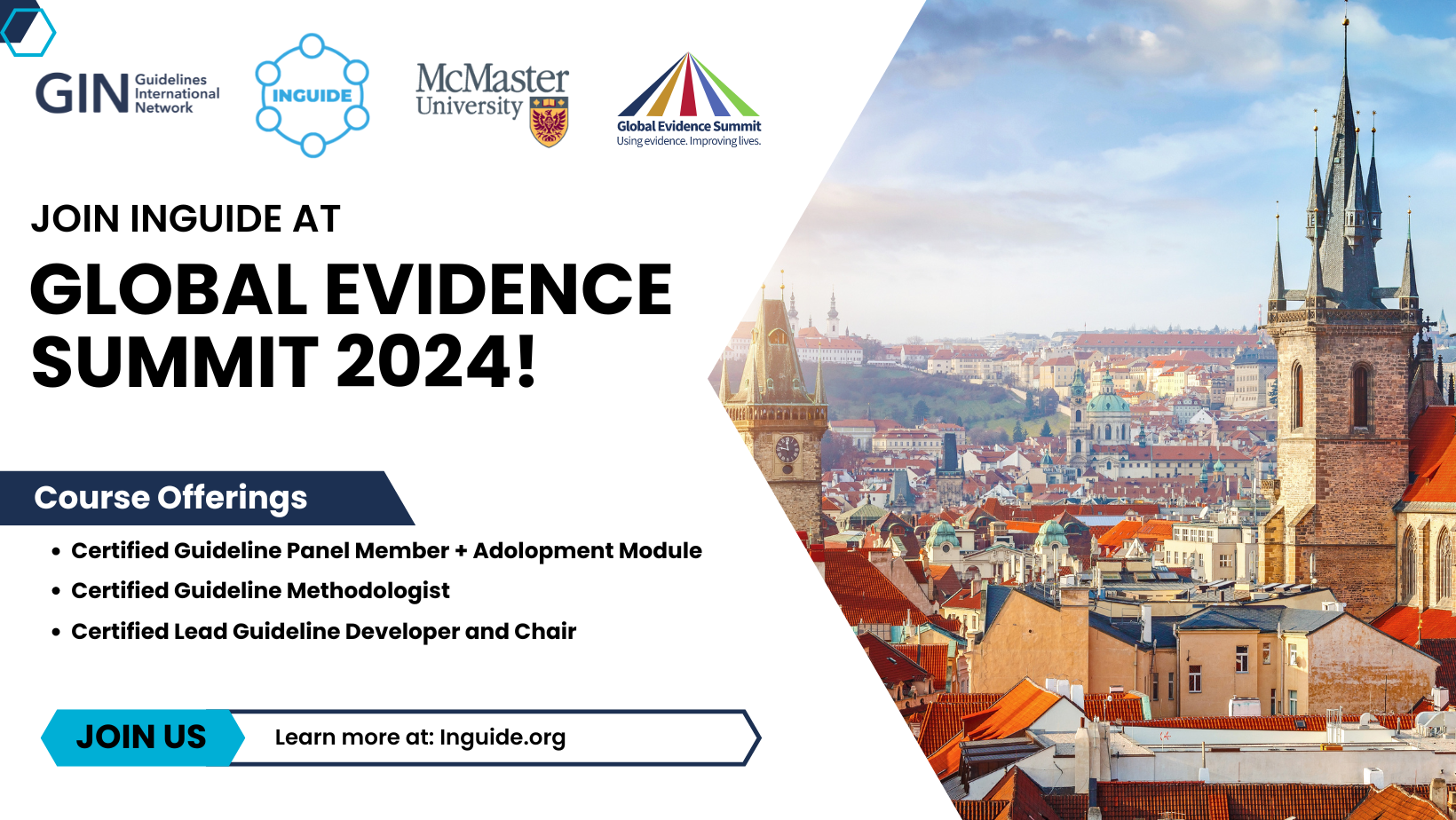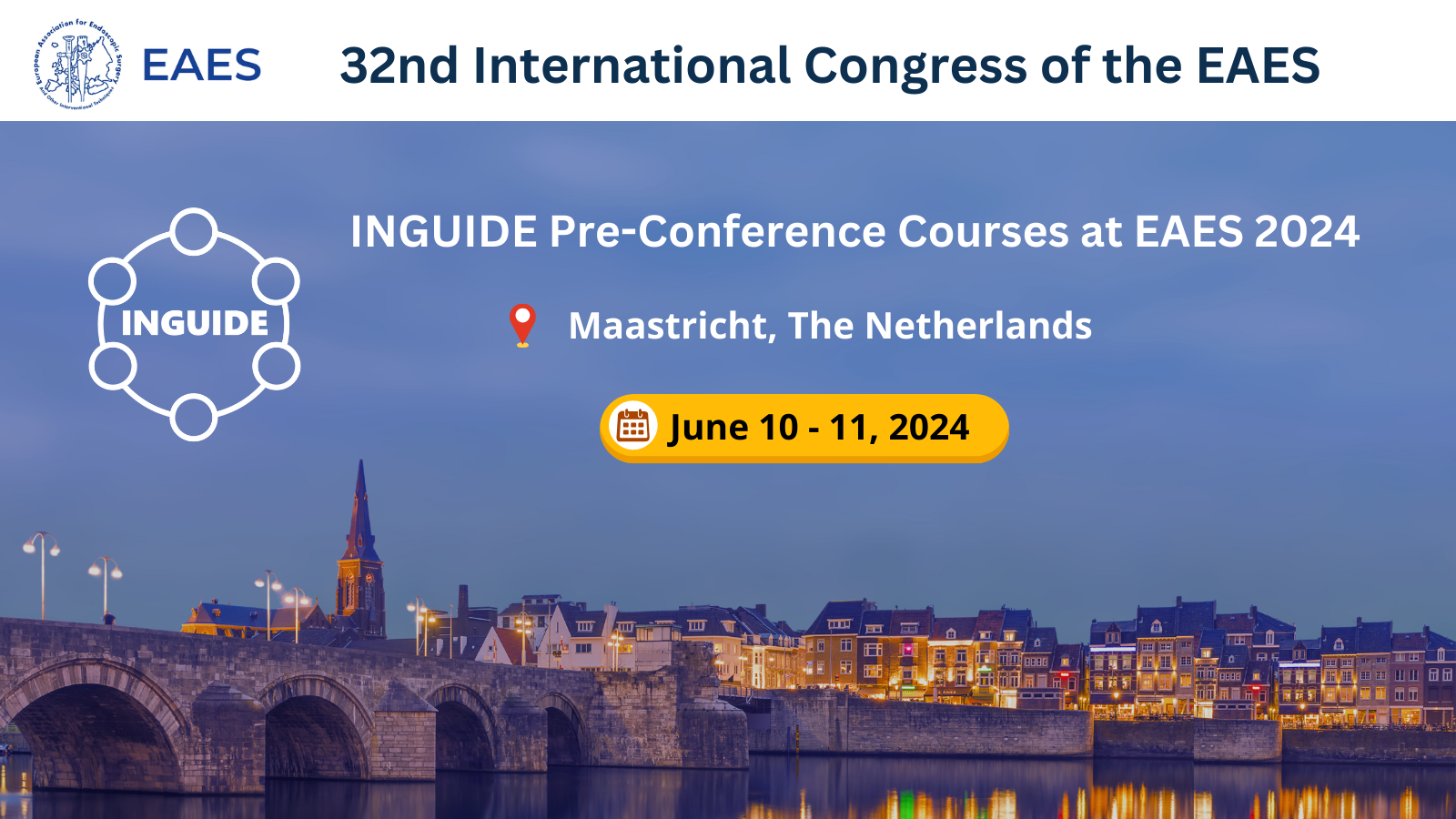The INGUIDE Program at McMaster University Partners with the Royal College of Physicians and Surgeons of Canada

INGUIDE is pleased to announce that an agreement is now in place with the Royal College of Physicians and Surgeons of Canada (RCPSC) to offer training in healthcare guideline development to its members. Faculty from Health Research Methods, Evidence and Impact (HEI) created this program in 2019 in partnership with Guidelines International Network (GIN). As of November 2022, RCPSC members can obtain CME credits for the Level 1 course.
The INGUIDE Program is comprised of multiple, progressive courses that build knowledge and skills in guideline development. It is the only program in the world that trains and certifies individuals in guideline development methods and related content to elevate the quality and standardization of guideline development. Dr. Holger Schünemann, Professor in HEI and Chair of the Steering Committee for the INGUIDE Program, said, “Until now, there has been no certification of people involved in guideline development. This lack of regulation is concerning given the potential impact of guidelines, and it is not consistent with competency assessments and licensing of health professions for health care delivery. Our collaboration between McMaster faculty and the Guidelines International Network addresses this through the INGUIDE program.”
Dr. Susan Moffatt-Bruce, CEO of the Royal College, said, “We are so pleased to partner with INGUIDE to provide new learning opportunities for Royal College Fellows in the area of healthcare guideline development. Better guidelines lead to better care delivered by physicians and better outcomes for patients.”
The first course in the INGUIDE Program provides Guideline Panel Member certification. The course is offered as a self-paced series of four asynchronous e-modules and quizzes. Learners may claim up to 3.5 MOC Section 3 Self-Assessment hours. Upon completion, certified learners are well-prepared to participate meaningfully in the creation of high-quality health guidelines, having learned to apply the GIN-McMaster approach to guideline development. Ahmad Ozair, an INGUIDE Program Level 1 course graduate, said, “I came to the INGUIDE program with some experience as a member of a surgical society’s guideline panel. The Level I course crystallized for me the procedures and interactions I had previously observed occurring as part of guideline development. Formally learning subcomponents of methodology was helpful.”
Subsequent INGUIDE Program courses certify Guideline Methodologists (Level 2) and Master Guideline Developers or Chairs (Level 3). The INGUIDE Program will pursue CME credits for these courses.
News

